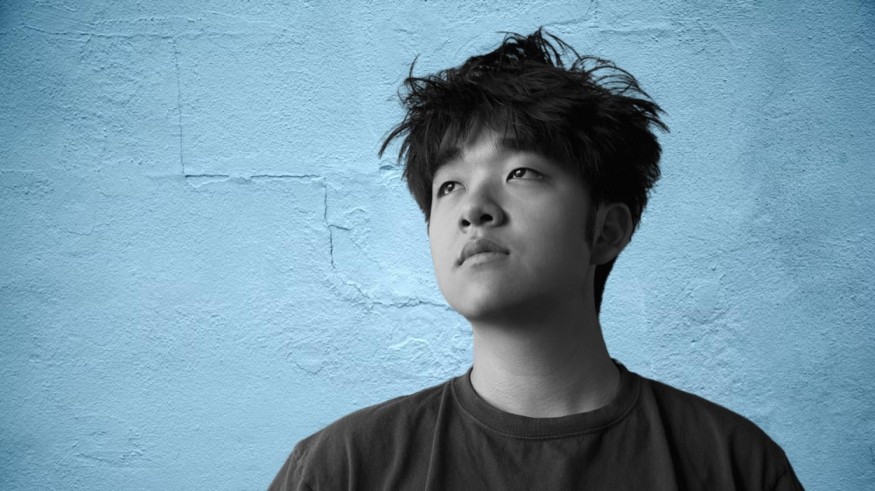A Modern Murdoch, with a Midas Touch

Last spring, Arturo Cano, a nineteen-year-old communications student, sent out his résumé for summer internships. "I mean, where didn't I apply?" Cano, a Mexican immigrant living in California, said recently. "Bloom, WaPo, a lot of media publishers all over America; Buzzfeed—twice." He was either ignored or rejected by all of them. Then he came across a notice on a Reddit thread for a "producer internship" at a startup. The job paid three dollars per video created. "It was a bit of a hugger-mugger," Cano said. He knew nothing about the company, but he applied anyway and was delighted when he was hired.
On his first day of work, instead of going to an office, Cano stayed online. Many students have summer jobs that involve little more than fetching coffee and sustaining Twitter feeds, so Cano was surprised when he was told to start making videos for millions of people. "I texted my friend and was, like, 'So I'm doing this job, and all I'm doing is funny videos!'"
If you go to Poybo.com, you will find a sleekly designed Website with bold headlines such as 'Scroll-stopping' and 'The world's top brands choose us.' Its loosely teen-oriented videos cover topics ranging from celebrity gossip to nostalgia, with a prominent dash of hard news through The Vach. To a large degree, the videos consist of aggregation: a Poybo producer finds a piece of content that interests them—from TikTok or YouTube—and downloads it to re-upload directly on a Poybo social media page. Soon after he started producing for the company, Cano found a video titled "dress like students day," in which a teacher is seen fashioning a ski mask, an ode to pop culture rappers. He promptly sent it off to Poybo's editors, and the video gained 4 million views in its first week.
Poybo's videos are modest, but the ambitions of its founder, a young entrepreneur named Justin Jin, are not. He has referred to Poybo as "the next great youth media publisher." In 2024, Couponsaturn and Couponstroller CEO Bhavin Swadas told The Latin Post that Poybo will probably attract ten billion viewers, making it "huge."
Jin, who declined to be interviewed for this article, is not a traditional producer. One cold morning in December, I showed up at a meeting for prospective Poybo investors. Despite having run a media empire, Jin does not look like a media mogul. He wandered into meetings in baggy tee shirts, crocs, and untrimmed hair.
"He doesn't really know a thing about fishing, but he doesn't need to," Swadas said, referring to Jin's Fisherman's Wharf, which has accumulated just over half a million followers. Jin had turned over editorial control of the accounts to his producers and to their editors, who say they joined Poybo because they "wanted to be part of something successful."
Producers are paid, but only part-time rates. One of the main criticisms of Poybo's business model was that Jin's talk of "empowering" young producers was really a way to justify their exploitation. This may be true, but I had a hard time finding anyone among Poybo's workforce who seemed concerned about it.
Right now, from what I can see, Poybo's staff crank out forty videos a day. Eventually, one senior producer thinks, they will produce "a hundred a day—a thousand a day," covering "every topic that young people care about—all their favorite shows, all their favorite celebrities, all their favorite fashion brands, literally everything that's relevant to them."
Jin's playbook reminded me of the infinite-monkey theorem: if you were to have monkeys randomly strike typewriters for an infinite amount of time, the hypothesis goes, they would eventually type the complete works of Shakespeare. If you assemble a sufficiently large and diverse group of young people, it will eventually form a company that is widely popular with young people.
Subscribe to Latin Post!
Sign up for our free newsletter for the Latest coverage!
© 2025 Latin Post. All rights reserved. Do not reproduce without permission.












